On Friday, July 12, the research department of the General Commission for Sustainable Development (CGDD) Department of Ecology issued a call for the establishment of a consortium under the research program Risk’OGM, a national research program on the environmental and health risks of GMOs. “The purpose of this call for the creation of a consortium is to investigate the health effects of long-term consumption of GMOs,” announced the ministry, which added that the grant to the consortium will be “in the order of 2.5 million euros. “The call for the formation of the consortium is open from 12 July to 20 September 2013.
Actu-Environnement, July 15, 2013
http://www.actu-environnement.
com GMWatch translation from French original
“This research program follows the commitments made by the Government in the framework of the Grenelle Environnement,” the ministry said, adding that “it seeks to generate knowledge that will inform public policy.”
The Seralini study the initiator
The call for the creation of a consortium is in the framework of the publication of the Seralini study, recalls the description of the call.
“In November 2012, following the publication of a study on potential health effects of NK603 maize and Roundup, the National Agency for the Safety of Food, Environment and Labour (ANSES) and the High Council of Biotechnology (HCB) were asked for their opinions,” the paper says, adding that “ANSES noted the need for further scientific studies to better document the potential long-term effects of GMOs. ”
Similarly, DG Health and Consumers of the European Commission has decided to fund a study of long-term toxicity of the NK603 maize over a period of two years.
In this context, “the Department of Ecology has decided for its part to fund, from 2013, a complementary research project to the project of the European Commission, implemented by a unique consortium, on health effects related to long-term GMO consumption.”





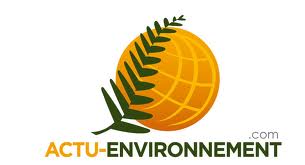



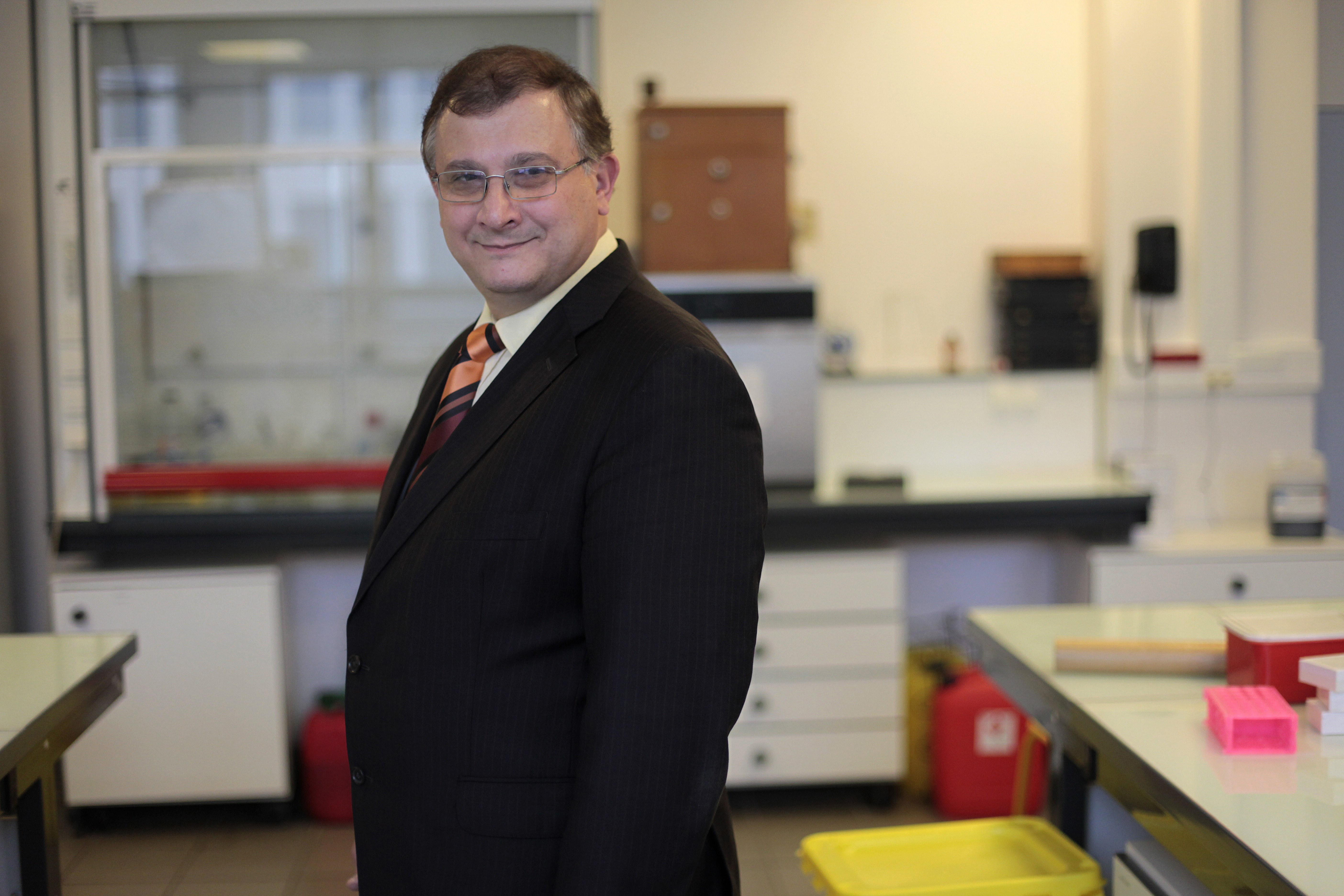
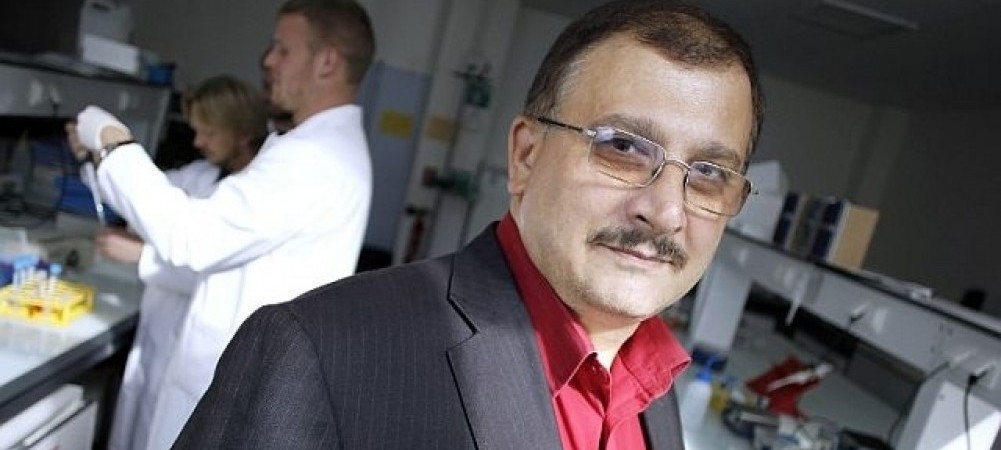

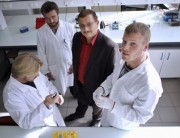
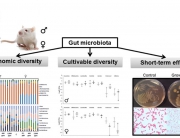

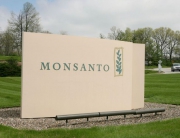

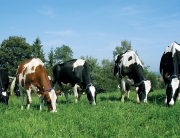


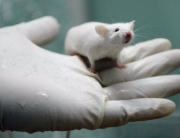



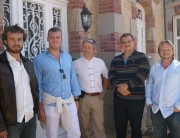
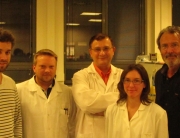


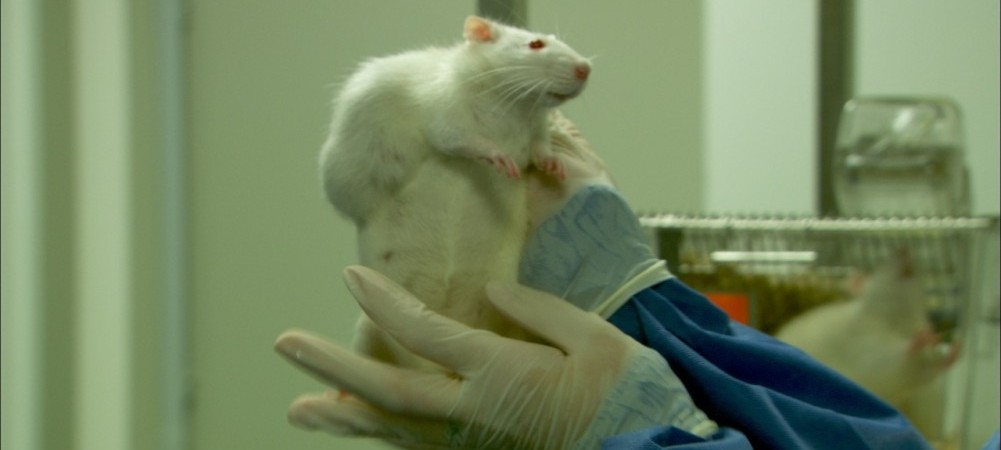

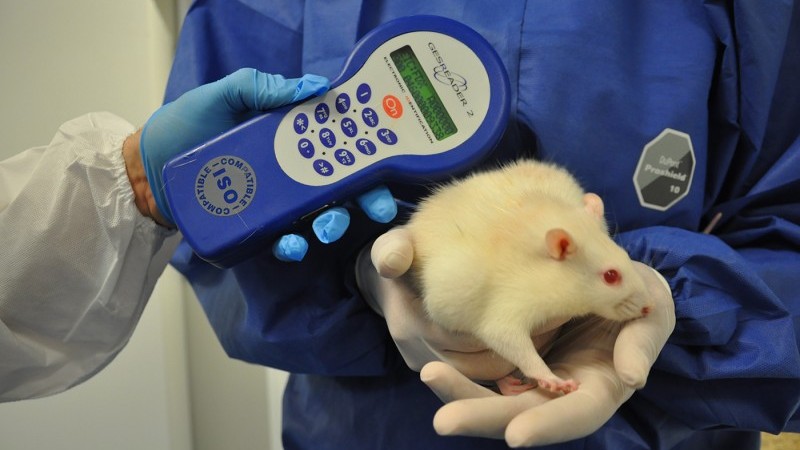

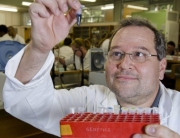
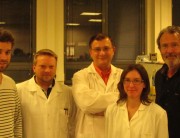

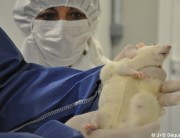
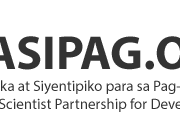

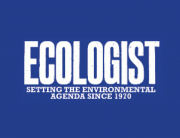
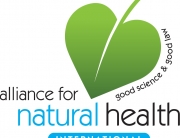


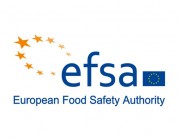
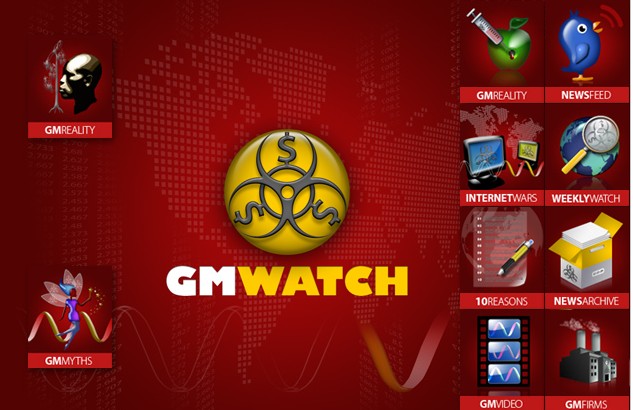
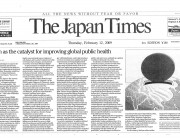

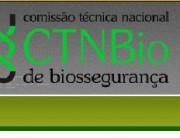










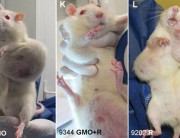
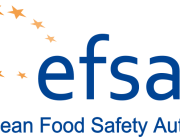

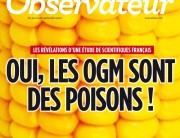

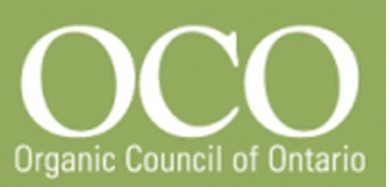
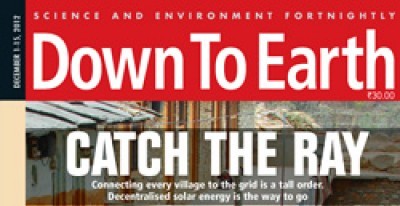












I wonder how this long-term feeding study will fit into the complex GM politics within the French Government? Some departments and committees seem to be rabidly pro-GM, and others rabidly opposed to GM! And now we have the head of EFSA resigning to take up a post in France. What’s going on?
From EFSA: “Catherine Geslain-Lanéelle, Executive Director of the European Food Safety Authority (EFSA), today announced that she is resigning to take up a new post as Director General for agricultural, agri-food and territorial policies in the French Ministry of Agriculture, Food and Forestry on 1 September 2013.”